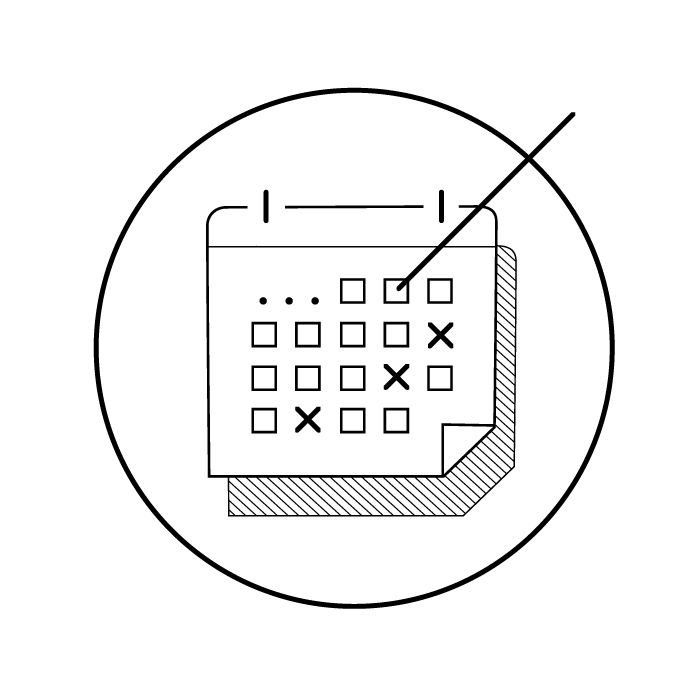 Conference
Conference
From Cambridge to Bielefeld – and back?
British and Continental Approaches to Intellectual History
Conference
2–4 June 2022
German Association for British Studies Annual Conference
Organizers: Sina Steglich (GHIL) and Emily Steinhauer (GHIL)
Venue: Humboldt University Berlin
Intellectual History has several roots, but the notion of this methodological approach varies depending on its academic context and disciplinary traditions: in the anglophone world intellectual history is primarily the history of political thought and as such focusing on specific political ideas, most prominently reshaped by the protagonists of the famous Cambridge School (John G.A. Pocock, Q. Skinner) since the mid-twentieth century. In the German context intellectual history is anchored in the political sciences and history and as such discussed in two different disciplinary fields. Therefore, the spectrum of intellectual history ranges from political theory to the widened perspective of the history of concepts that gained widespread attention and is intrinsically bound to one of its founding fathers, Reinhart Koselleck, and the relating encyclopaedic project of the Historische Grundbegriffe. In France, intellectual history is rather known as the history of mentalities (following Lucien Febvre et al) and as such historical ‘ideas’ are explicitly reflected as embedded in and shaped by social and cultural conditions. This rather simplistic summary may indicate that speaking of intellectual history and following this methodological approach is always taking place on quite slippery ground.
The basic – not banal – questions of ‘Why’ , ‘How’, and ‘Where’ intellectual history are the starting points of the workshop. It would like to discuss these ‘national’ and disciplinary traditions of intellectual history, their advantages and challenges by bringing together scholars from both contexts, the British as well as the continental, especially German academic world. By doing so, the methodological core of intellectual history shall be carved out, strengthening the propria of this approach and reflecting its connections to or intersections with cultural and social history. Redefining intellectual history could (or should?) also lead to a debate on its possible contribution to the ongoing ‘globalization’ of historiographical research and the agenda of the ‘provincialization’ of the hegemonic European, Western canon of political thought, ideas, and concepts. Inviting contributions with an explicit methodological and conceptual interest in the wide field of intellectual history without disciplinary, regional or epochal preferences, the workshop aims at reflecting the methodological implications of writing intellectual history across linguistic, national, and cultural boundaries. Possible presentations could focus on actors, practices, and institutions of intellectual engagement, and ask how ideas and concepts could shape the perception of the world, stimulate scientific as well as public discourses, and strengthen social cohesion. The papers could address, but are not limited to the following questions:
- the periodization of intellectual history, e.g. its entanglement with modernity
- the “spaces” and/or “places” of intellectual history and the challenges of writing a global intellectual history
- intellectual history and its relation to the history of knowledge, the history of mentalities, the history of sciences and conceptual history
- the linkages between intellectual and social, cultural as well as gender history
- the genealogies and traditions of intellectual history
The conference will be held 2–4 June 2022 at the Centre for British Studies (Großbritannien- Zentrum) at Humboldt University Berlin. Prof Richard Bourke (Cambridge) will hold a keynote speech. Travel expenses for accepted speakers from the United Kingdom will be covered. Travel expenses for accepted speakers from Germany may be covered, depending on funding.
Call for Papers (PDF file)
Conference Programme (PDF file)
Conference report (PDF file)